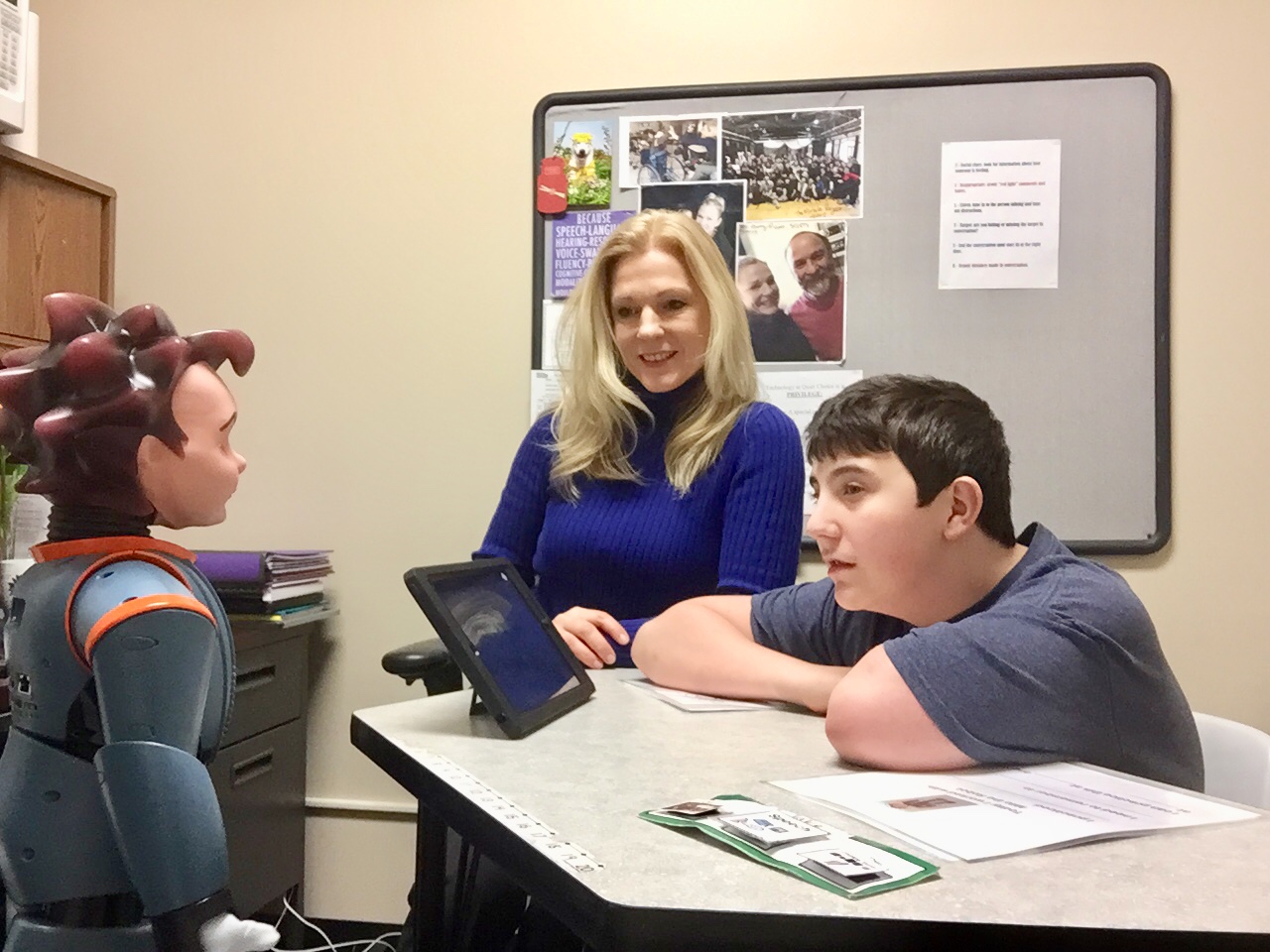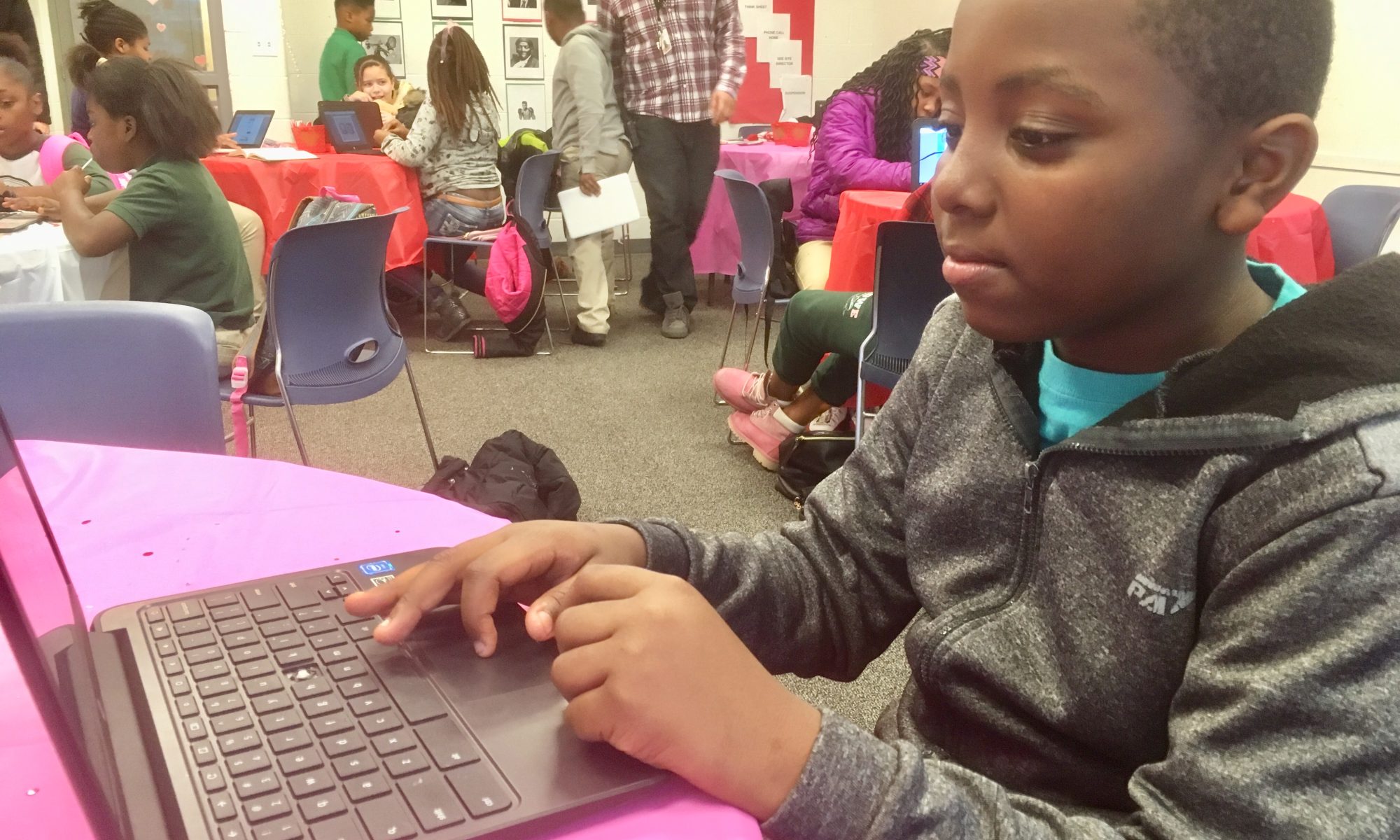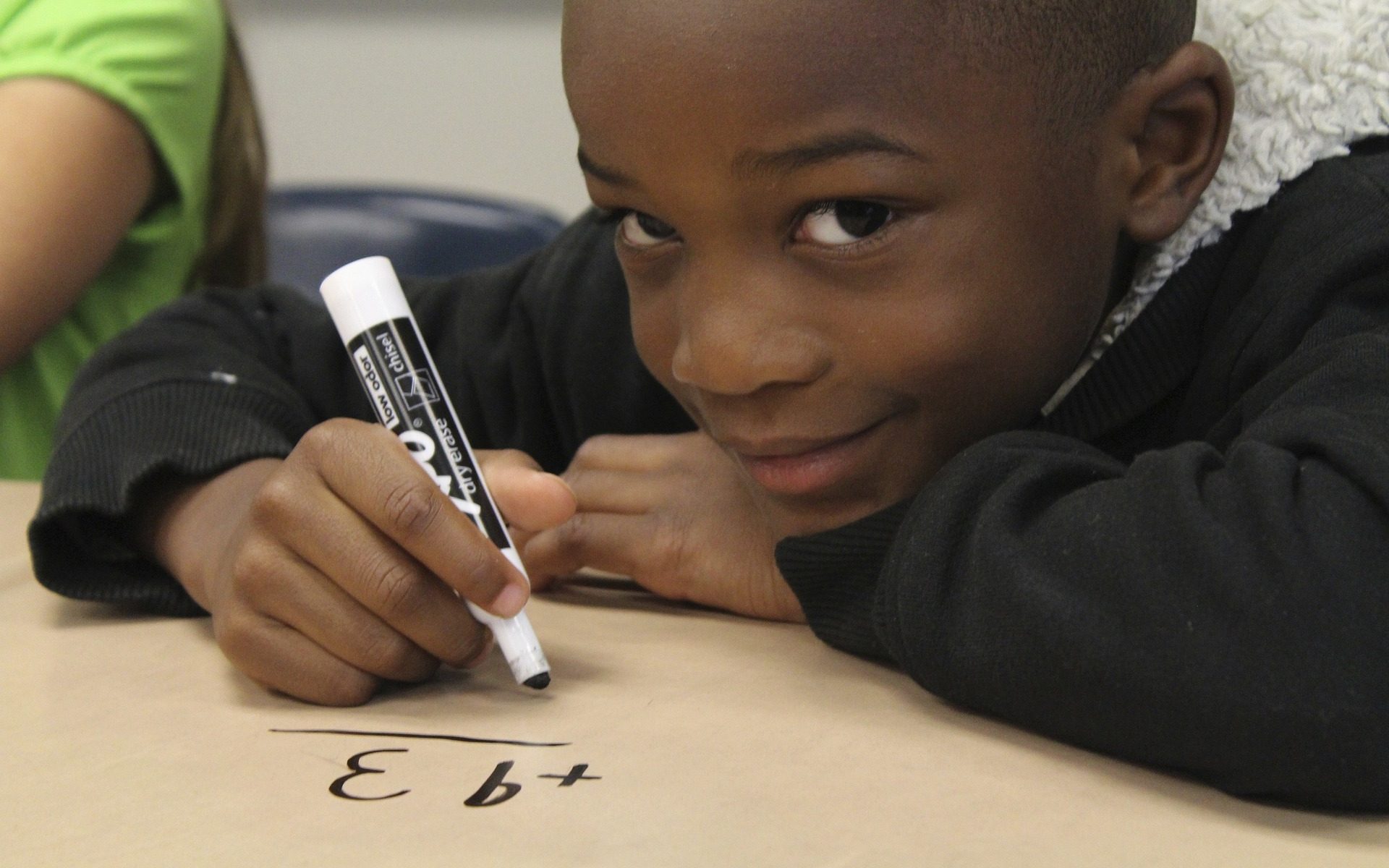In this multi-part series, I provide a dissection of the phenomenon of retention and social promotion. Also, I describe the many different methods that would improve student instruction in classrooms and eliminate the need for retention and social promotion if combined effectively.
While reading this series, periodically ask yourself this question: Why are educators, parents and the American public complicit in a practice that does demonstrable harm to children and the competitive future of the country?
How is it determined that a child struggles in a particular area? How can teachers and therapists develop the most effective intervention plans possible? The answer lies with the use of diagnostic tools for data collection and analysis.
To develop an effective early intervention model based on supports and strategies, two distinct elements are necessary. First, early intervention depends on diagnostic procedures, which rest on clear strategies. Second, the system also hinges on distinct rules for selecting and implementing supports and strategies, in light of student needs and diagnostic findings.
Functional Behavioral Analysis
Several investigative tools have been developed to assist early intervention. For students demonstrating emotional, social, and behavioral delays and dysfunctions, one of the most important diagnostic tools is the functional behavioral analysis (FBA). As researchers, Robin Hojnoski and Brenna Wood point out, educators are increasingly aware of the connection between the social behaviors of children and early academic skills.
In particular, research has consistently shown that young children who demonstrate challenging behavior may experience disruption to their learning. Negative conduct may interfere with opportunities to learn and effectively interact with peers in classroom situations. Research also recognizes that certain classroom activities, particularly structured activities, place high demands on children who already struggle with behavioral challenges. Investigative studies show that children may engage in challenging behavior as a means of avoiding demands placed upon them.
As a tool, an FBA is a direct and indirect procedure for collecting data related to problem behaviors. Direct data collection methods include classroom observations, while indirect methods of assessment include interviews with parents and teachers and the use of rating scales to assess actions. The subsequent analysis of such data identifies behavioral triggers and their antecedents, the reasons why the behaviors occur, and the functions and consequences of the behavior.
Tools for Data Analysis
Beyond FBA, other diagnostic tools also make use of observation. Occupational therapists will, for example, generally observe students to identify the daily tasks with which children have difficulty. Some diagnostic tools, such as questionnaires, may also be used for occupational therapy assessment, as well as language and behavioral evaluation. Parent participation and preschool involvement may be important in the use of such tools. However, the best observations and data tend to be collected from individual students in a classroom context, subjected to the academic, social, emotional, and general behavioral demands of the classroom environment. Even self-care and language skills can be better assessed in a classroom than in the home or community, and early intervention acts on this knowledge.
Drawbacks of Diagnostic Tools
Despite the strengths of existing diagnostic tools, they still have their weaknesses. For instance, many school districts administer FBAs indirectly, rather than directly. When FBAs are administered indirectly, they concentrate not on direct observations of children in classrooms, but indirect observations. Indirect observations tend to lack multiple elements that, in regular assessment procedures, would include efforts to gather information about instructional variables and early academic skill development.
Criticism of FBAs conducted within early education settings is that the same interview form is used by parents and teachers for students spanning a wide range of ages, with only a few modifications made for different age groups. The actual developmental differences, and therefore the questionnaires themselves, do not allow parents and teachers to accurately describe specific behaviors in sufficient detail to definitively assess developmental appropriateness.
In their assessment of FBA tools, Hojnoski and Wood note that the two interview forms, the forms used for elementary school and the form used for older children, include two general questions to identify areas where skills are lacking. There is, however, little effort to gather data to identify areas of concern related to the development of academic skills relevant to early-childhood and elementary education.
Assessment Goals
For diagnostic procedures to be effective, a variety of tools should be used, and these tools should reflect age-appropriate analytics for language, social and behavioral interactions. Early intervention might benefit from specifically targeting the problems that most commonly cause academic delays and disruptions in the classroom. With this information in hand, it could be useful to focus on identifying, or otherwise developing, age-appropriate tools to test skills and knowledge. Perhaps even developing a means to identify those students who are most at risk of deficits within certain areas. The goal of early intervention should not be to simply stop or reverse academic delays, but as much as possible, to prevent them entirely.
Are you familiar with the use of diagnostic testing from an early intervention perspective? Would you alter how the evaluation tools are currently being utilized?








